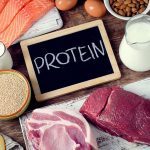Foods to Incorporate into Your Diet
Non-Cruciferous Vegetables
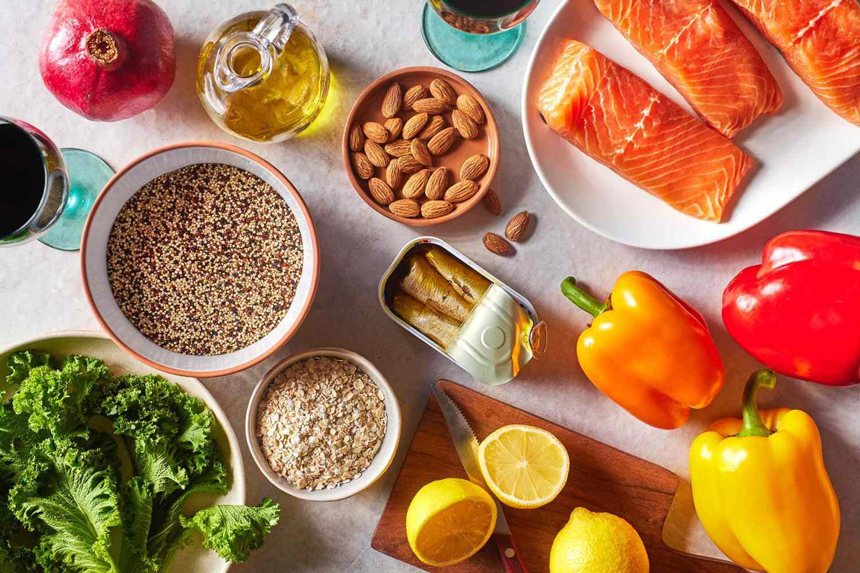
Vegetables such as zucchini, squash, and peeled potatoes offer essential nutrients without the gas and bloating associated with cruciferous vegetables. These gentler options are crucial during flare-ups, providing vitamins and antioxidants while minimizing digestive distress.
Low Fiber Fruits
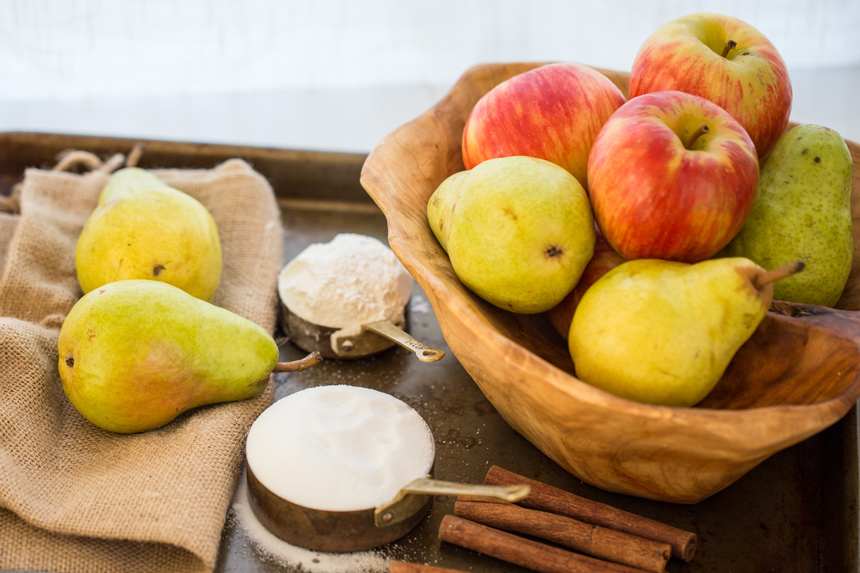
Bananas, honeydew melon, and other low-fiber fruits like peeled apples and pears benefit UC patients. These fruits are easier on the digestive tract, providing essential vitamins and nutrients without the burden of excess fiber, which can exacerbate symptoms. For instance, bananas are not only easy to digest but also contain potassium, an essential electrolyte often lost during UC flare-ups.
Omega-3 Fatty Acids

Omega-3 fatty acids in fatty fish like salmon and flaxseeds have anti-inflammatory properties that may benefit UC patients. Incorporating omega-3-rich foods can help manage inflammation, an essential aspect of ulcerative colitis, potentially aiding in symptom relief.
Low Fat Proteins
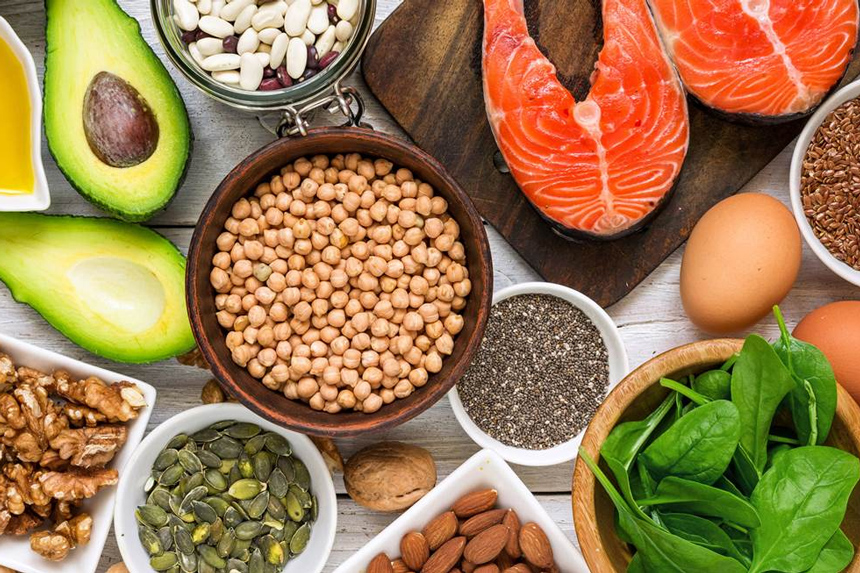
Lean meats such as poultry, fish, and eggs are excellent protein sources without the high-fat content that can aggravate UC symptoms. Protein is vital for managing healing and repairing and recovering from ulcerative colitis flare-ups.
Refined Grains
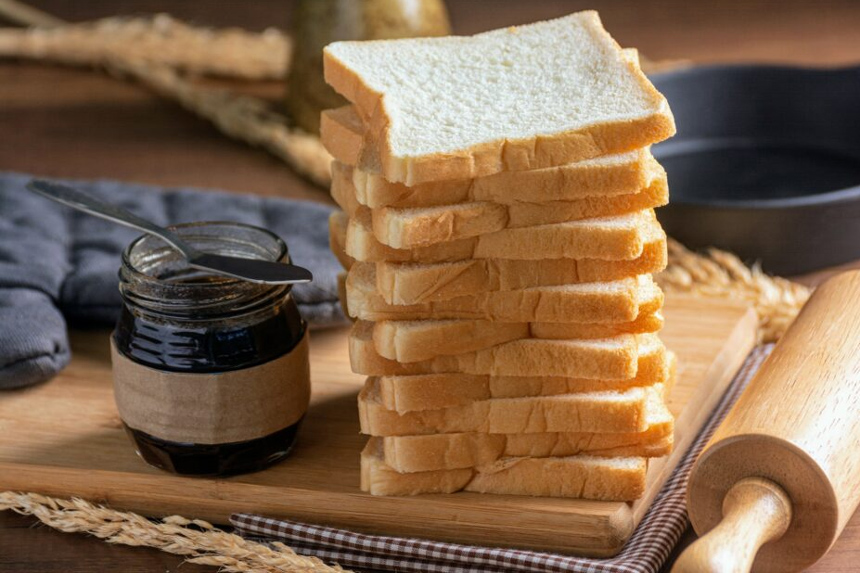
Refined grains, including white bread, pasta, and cereals, are stripped of their high fiber content, making them more digestible for UC patients. While they offer less nutritional value than their whole-grain counterparts, they can be a safer option during flare-ups, ensuring calorie intake without the risk of exacerbating symptoms.




